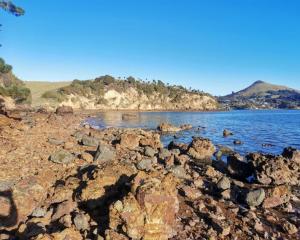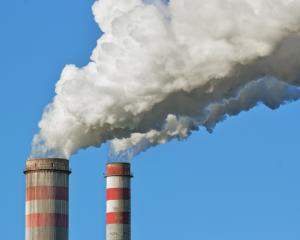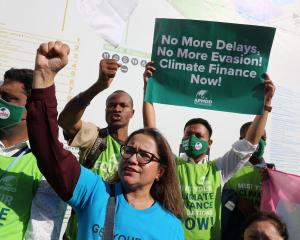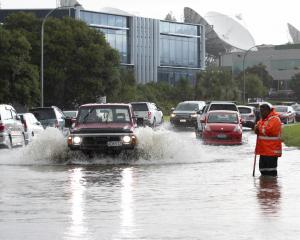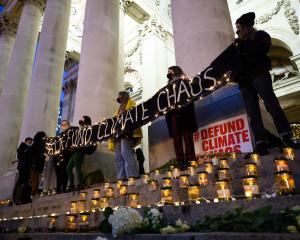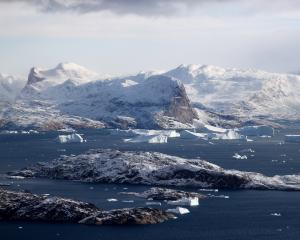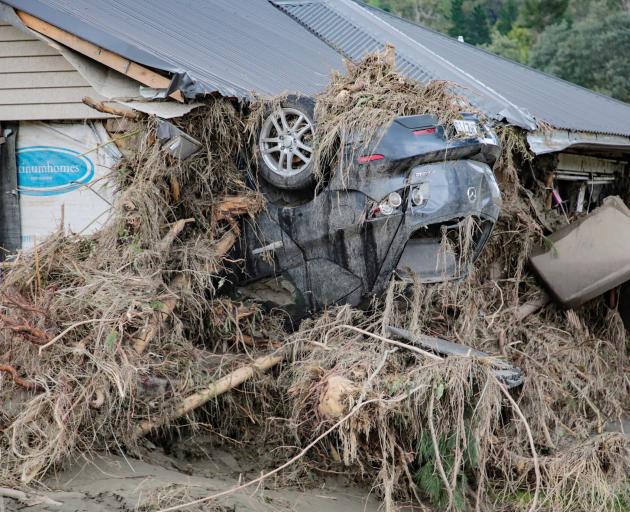

As we approach the national election, the nation has an opportunity to hold politicians to account.
During the northern summer, heat records have been surpassed over and over and over again.
Those northern heat waves, raging forest infernos and mass evacuations feel remote here in the south as the chill of winter bites, but we should be sitting up and taking note.
That is exactly what the United Nations Secretary-general Antonio Guterres attempted to make the world do last Thursday when he announced: "The era of global warming has ended; the era of global boiling has arrived".
His statement adds to ocean scientists’ observation that the gigantic oceanic current that helps to transport heat around the globe is slowing.
These scientists suggest it is weaker than at any time in the last 1,000 years. And that is important because it affects oceanic temperature as well as global atmospheric and weather patterns.
What has all this to do with our elections? There are two dimensions to the answer.
The first is that we are not immune to the effects of a changing climate regime, as the repeated heavy rain events this year in the North Island and northern South Island testify.
Such flood events would previously have been labelled one-in-one-hundred-year events, and we have seen repeated heavy rains and floods in the same regions this year.
Occurring in rapid succession, the communities affected have not had time to repair, revive and recuperate.
This is being labelled a state of turbulence by political theorists. Without time to catch their breath, communities find themselves in states of perpetual emergency.
The second dimension is how our politicians respond to matters of mitigation and adaptation.
I am not going to discuss mitigation measures — previous writers in this column have done that. I want to think about how politicians are planning for adaptation to a changing climate regime.
How are they framing political and institutional responses to the very unnatural disasters that climate change augurs?

At the most simplistic (and irresponsible) level, politicians might deny the realities of people’s experiences and the ongoing threat of repeat disaster events, and level responsibility for recovery and adaptation to the individual property owner.
But climatic changes are demanding something more of our politicians because they are a collective action problem.
It is a problem that is caused by multiple overlapping factors, and those who are most affected may well be those least responsible for catastrophes and/or the least equipped to respond to them.
A collective action problem requires political responses.
Put simply, what strategy does each political party have for paying for adaptation to a changing climate? What are their policies for developing resilient infrastructure across the nation? It is going to require huge investment and far-sighted strategies.
How are they proposing to fund adaptation? Out of the current accounts? Through long term capital raising? Through targeted levies?
Have they a strategy for a dedicated infrastructure adaptation fund, or will they divert funds for general highway repair to rebuild bridges and highways swept away by raging flood waters?
Are they going to establish a fund to compensate property owners who must leave their homes and communities?
What support structures are they proposing?
What about the relocation of whole communities that are now clearly too vulnerable to remain where they are? How might that be funded?
Beyond floods, slips and disappearing highways; have they developed plans for the next drought event? Because that too will come.
What strategies have they thought through to create robust institutions that will protect people, businesses, wildlife and the environment from the weather extremes that are not aberrant but the new normal?
A key question is: Are politicians prepared to work across party political boundaries to develop non-partisan policies that will deliver consistent policy responses and withstand changing parliamentary fortunes?
Adaptation strategy requires nothing less if the nation is to be resilient in turbulent times.
Dr Christine Winter (Ngāti Kahungunu ki Wairoa) is a senior lecturer at the University of Otago, a member of He Hononga: Otago’s Climate Change Research Network and a research affiliate of the Sydney Environment Institute. Each week, in this column writers address issues of sustainability.


